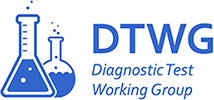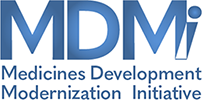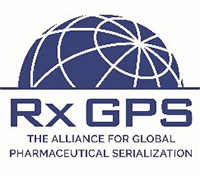We’ve helped 50+ alliances achieve meaningful results over the past decade.
The Leavitt Center has facilitated more than 50 successful alliances, creating consensus solutions that move healthcare forward. Here are just a few of our success stories.
Work in Action:
CARIN
An alliance to improve access to digital health information.
PDSA
An alliance to spearhead pharmaceutical traceability legislation, get Congress to pass it, and help FDA implement it.
Alliance for mRNA Medicines
An alliance to advance and advocate for mRNA and next-generation encoding RNA therapeutics and vaccines.
Sickle Cell Disease Partnership
An alliance to optimize healthcare for those with the disease.












